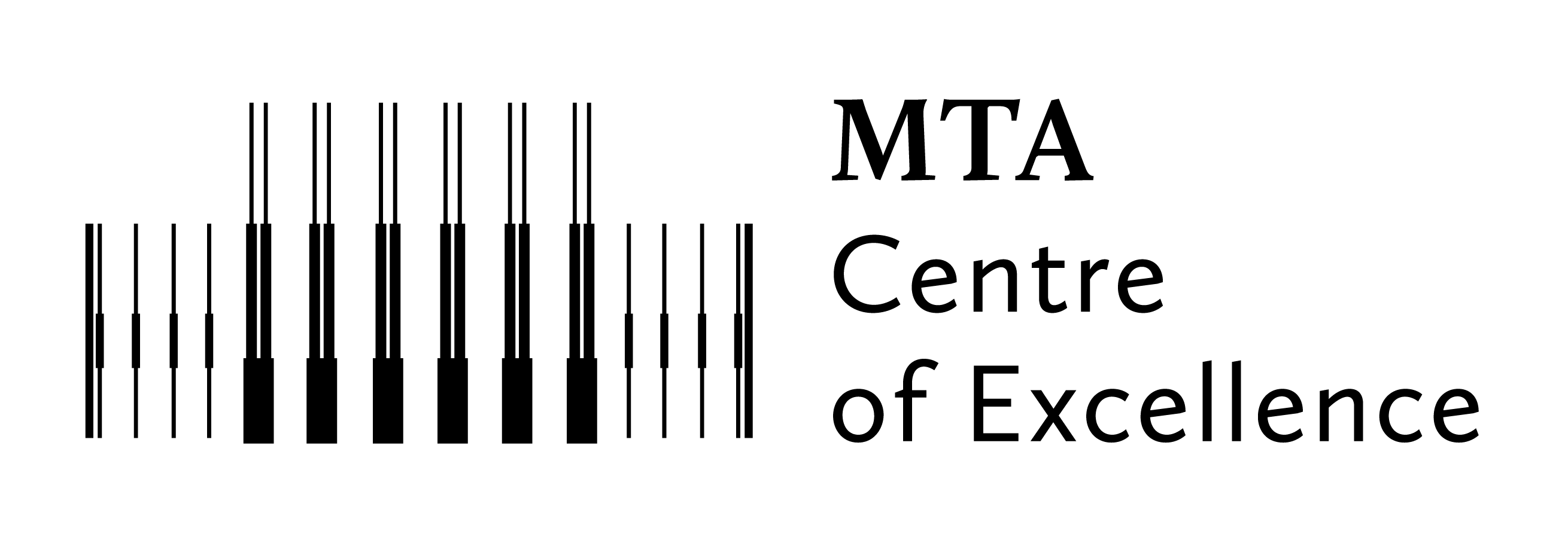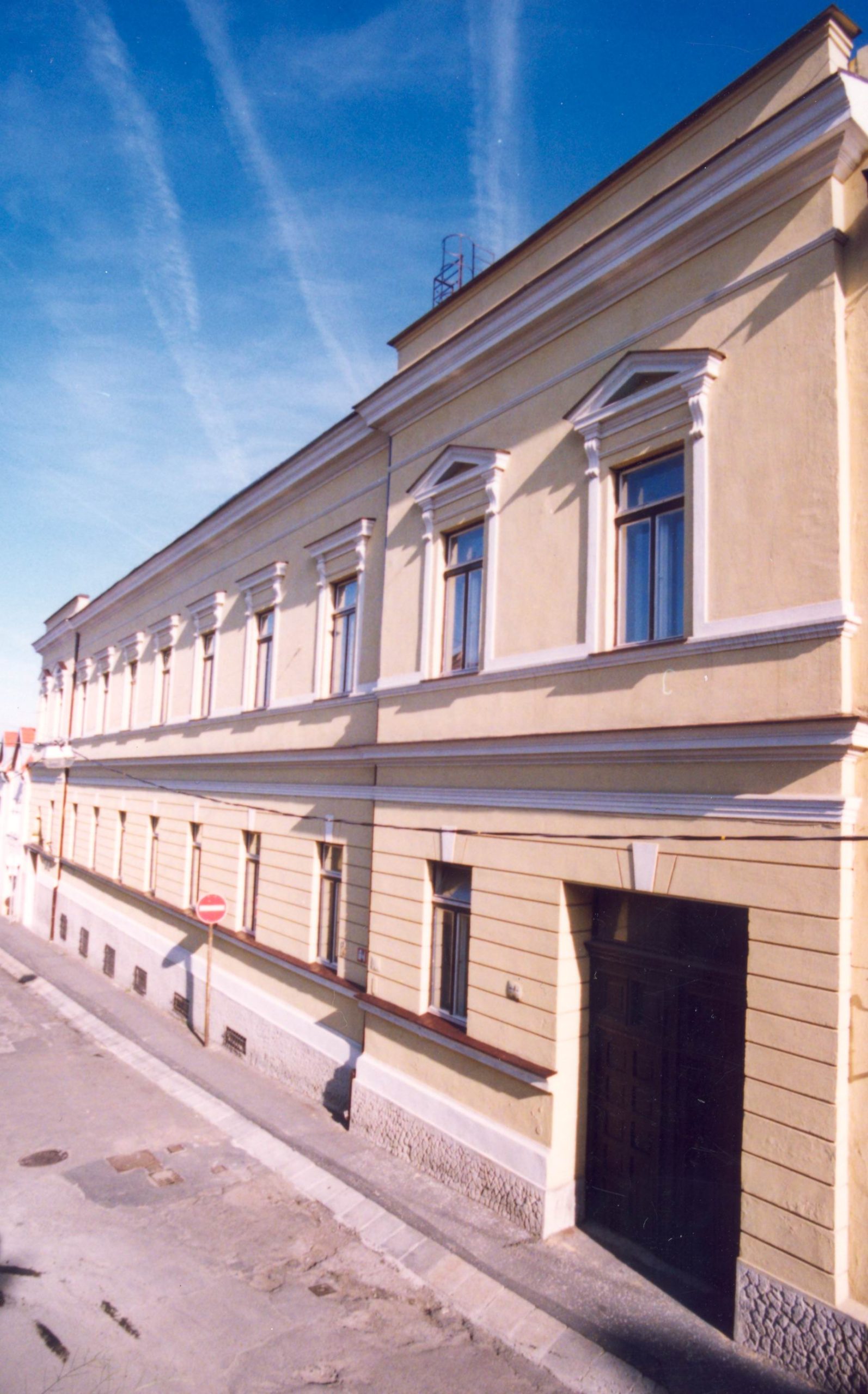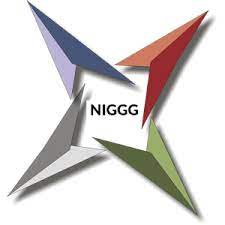Welcome
Welcome to the website of the Institute for Regional Studies of the CERS. The IRS/RKI is a leader among national think tanks in regional science, not only because of its size but also because its four scientific departments are located in different regions of the country, providing valuable local knowledge and embeddedness. The knowledge of the spatial patterns of natural, social, and economic resources and the reduction of spatial disparities, which requires a complex social science approach, is crucial for the country’s competitiveness and balanced development; this can only be provided in Hungary by the CERS Institute for Regional Studies, the base institute of Hungarian regional science, which has the critical mass for interdisciplinary research in cooperation with representatives of economics, geography, sociology, political science, and law.
news
2024.04.11. | 12:56
Read more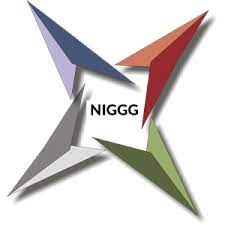
Geographical Research On The Balkans
2024.04.04. | 10:52
Bulgarian Academy of Sciences, National Institute of Geophysics, Geodesy and Geography, Department of Geography (Sofia) and the HUN-REN CERS Institute for Regional Studies Research Group in Small State Geopolitics (Pécs) organize workshop on Balkan research
Read more2024.04.04. | 10:52
Read more
Professor James W. Scott joins HUN-REN CERS to establish a new ...
2024.04.02. | 08:11
Professor James W. Scott joins HUN-REN CERS to establish a new research group within HUN-REN’s excellence programme to investigate small state geopolitics in a multipolar world and prospects for Southeast European regional cooperation
Read more2024.04.02. | 08:11
Read more
New project of the Researchers of our Institute
2024.03.25. | 20:47
The latest results of the research "The Swedish society from a Hungarian perspective" was published in the Porfolio KRTK blog
Read more2024.03.25. | 20:47
Read more
Q1 publication from a research cooperation in the leading Dutch social ...
2024.03.25. | 14:08
The article "Coworking Spaces and Mid‐Sized Cities in Peripheral Contexts: Conceptualising Development Trajectories" published as part of international research collaboration by researchers of IRS, Gábor Lux, Réka Horeczki and Dóra Bálint can be read in the leading Dutch social geography journal with Q1 classification, Tijdschrift Voor Economische en In Sociale Geografie
Read more2024.03.25. | 14:08
Read more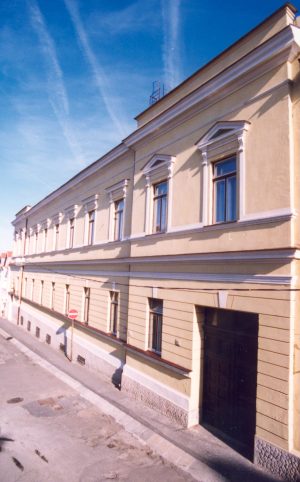
Call for abstracts: RKK40 Anniversary Conference
2024.02.16. | 08:31
Regional and rural development trends over the last forty years – RKK40 International conference celebrating the 40th anniversary of RKK
Read more2024.02.16. | 08:31
Read more2024
Apr
18
M
T
W
T
F
S
S
1
2
3
4
5
6
7
8
9
10
11
12
13
14
15
16
17
18
19
20
21
22
23
24
25
26
27
28
29
30
1
2
3
4
5
upcoming events of CERS
organizational units
History of the institute
CERS Institute for Regional Studies
The predecessor of the Institute for Regional Studies, the Danubian Scientific Institute (DTI) was founded in Pécs in 1943. The Centre for Regional Studies (RKK) was established in 1984 on the basis of the DTI, which had been an academic research institute since 1955, and acquired its networked organisational structure based on rural units, which it has retained even after its integration into the Centre for Economic and Regional Studies (KRTK/CERS) of the Hungarian Academy of Sciences in 2012. It took a few years to consolidate the research synergies between the three institutes and, as a result, to achieve a significant improvement in results.
The Institute is a leader among national think tanks in regional science, not only because of its size, but also because its four scientific departments are present in different regions of the country, providing valuable local knowledge and embeddedness. The knowledge of the spatial patterns of natural, social and economic resources and the reduction of spatial disparities, which requires a complex social science approach, are key to the country’s competitiveness and balanced development. Only the Institute for Regional Studies of the CERS, the base institute of Hungarian regional science, can provide this in Hungary, which has the critical mass for interdisciplinary research in cooperation with representatives of economics, geography, sociology, political science and law. It has been a key player in this field, having chaired and served two terms as Secretary of the HAS’s (MTA) Committee on Regional Sciences (RTB), and its leading researchers continue to play a major role in the work of the scientific body.
The knowledge and spatial perspective of regional science, built up over some four decades, has been successfully integrated by many of the Institute’s researchers at various levels of higher education. Leading researchers at the Institute for Regional Studies have played a key role in the establishment and operation of several doctoral schools. At present, one of the RKI’s research professors is the head and a full member of a doctoral school at one university (Interdisciplinary Doctoral School, University of Pécs), while the Institute has seven full members and full members emeritus in three other doctoral schools (Doctoral School of Regional and Economic Sciences, Széchenyi István University, Győr; Doctoral School of Regional Politics and Economics, University of Pécs; Doctoral School of Economics and Regional Sciences, Hungarian University of Agricultural and Life Sciences, Gödöllő).
The Institute for Regional Studies has fulfilled its mission by providing substantial professional support for the establishment of Hungarian regional science centers beyond the borders and continues to emphasize the cultivation of professional relations and research on the spatial structure of the Carpathian Basin. Nearly 40% of the literature on the Carpathian Basin, Central Europe and border studies, written by Hungarian researchers, was authored by researchers of our Institute. The Institute’s publishing and library activities are unique in the region, as exemplified by its book series, especially the series on the Carpathian Basin regions, the indispensable journal of regional science, Tér és Társadalom (Space and Society), published continuously for three decades, the RKI-ELEKTRA regional science repository, and the subscriptions to books and journals which are available only here.
The Hungarian Regional Science Association (MRTT), which is closely linked to the Institute, provides a framework for cross-border cooperation, exemplifying the science-organising activities of the Institute for Regional Studies: the MRTT’s annual conferences, organised in Hungary or in one of the neighbouring countries, are a prominent forum for the professional community in Hungary and abroad.
The Institute has extensive international contacts, as demonstrated by its status as a prestigious Central European partner of the most important international organisations in regional studies, the Regional Studies Association (RSA) and the Regional Science Association International (RSAI): in 2010 the Institute was the organiser of the RSA international conference, and in 2022 it was one of the main organisers of the 61st annual conference of the European Regional Science Association (ERSA) in Pécs. Its international embeddedness is also demonstrated by the fact that the RKI is one of the five most important non-Capital-based Central and Eastern European institutes among the consortium partners awarded ESPON (European Observation Network for Territorial Development and Cohesion) research projects, thanks to its reputation acquired in previous decades, as well as its international research activities and international public presence, which are increasingly involving a wider range of the collective. The trend towards basic research, including international research, is demonstrated by the fact that between 2016 and 2020, the staff of the Institute for Regional Studies, as members of international consortia, worked on four H2020 projects, which brought the CERS/KRTK a total of € 850,000 (approximately 280 million HUF) in funding, and five international proposals worth € 380,000 (approximately 126 million HUF). In addition to the nine international research projects, the institute has also run a similar number of national projects during this period, worth around HUF 160 million.

